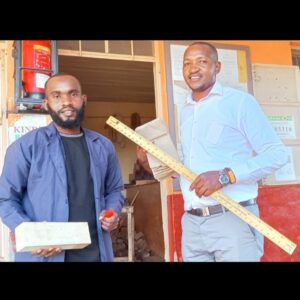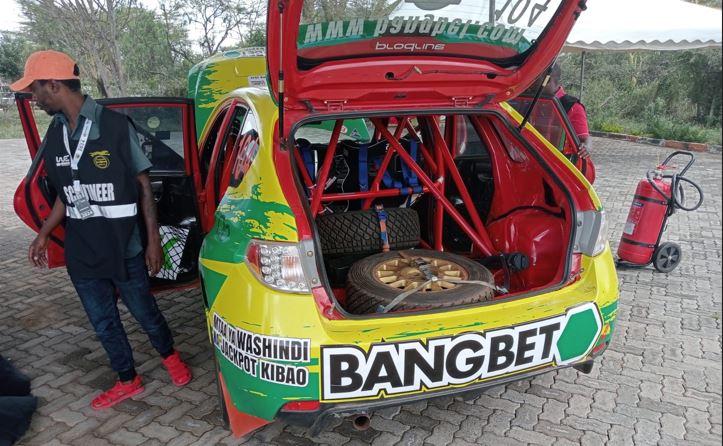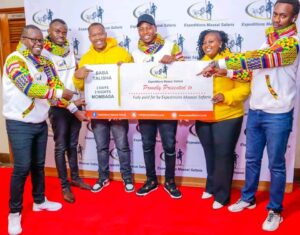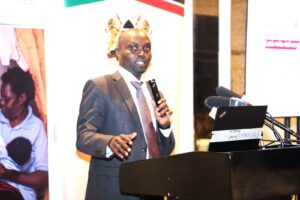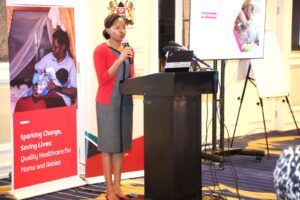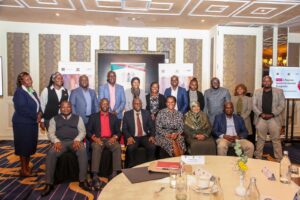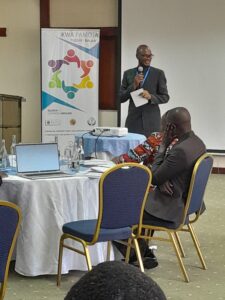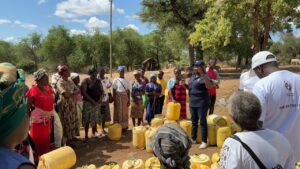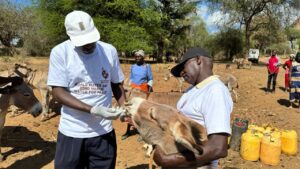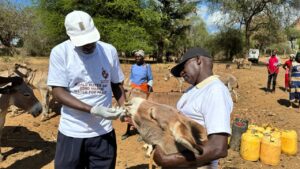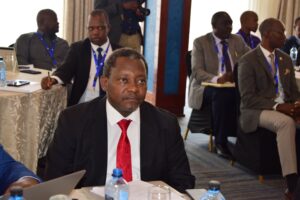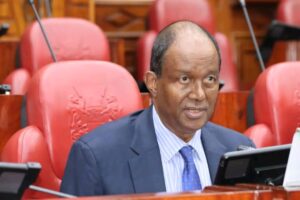
The National Assembly Committee on Defense, Intelligence, and Foreign Relations today commenced approval hearings for persons nominated for appointment as Ambassadors, High Commissioners, Permanent Representatives, and Consuls-General.
The Committee, chaired by Nelson Koech (Belgut), vetted nominees for High Commissioner to the United Kingdom, Uganda, Canada, Islamic Republic of Iran, and Zambia.
The Committee scrutinized Ms. Catherine Kirumba Karemu, nominee for High Commissioner to the United Kingdom. Members highlighted the trade imbalance between Kenya and the UK. “Kenya’s relationship with the UK is long-standing and special but unequal,” stated Abdikadir Mohamed (Lagdera).
“Getting a visa is challenging. The movement of Kenyans to and fro the UK is now a challenge”, added Moses Kirima (Central Imenti)
On trade, members noted the ban on miraa (khat) exports to the United Kingdom, which has negatively impacted farmers. Elijah Memusi (Kajiado Central) asked, ” Kenya used to export meat and meat products to the UK. What can you do to bring this back?
In response, nominee Ms. Karemu pledged to leverage existing trade agreements and marketing efforts to boost Kenyan exports, particularly the currently banned miraa.
The nominee for High Commissioner to Uganda, Joash Arthur Maangi, faced questions regarding the ongoing Migingo Island dispute and the harassment of Kenyan fishermen by Ugandan security forces and pastoralists near Mt. Elgon.
Mr. Joash Maangi informed the meeting of the Ministerial Commission on International Boundaries, which was formed to tackle cross-border disputes. He also
Members, however, expressed concern regarding Kenya losing trade opportunities with Uganda, its largest trading partner.
On his part, Lt. Gen. (Rtd.) Jonah Mwangi, the nominee for Ambassador to the Islamic Republic of Iran, acknowledged the potential for increased trade between Kenya and Iran.
Kwenya Thuku (Kinangop) questioned the availability of trade opportunities, noting the international sanctions affecting Iran and limiting its financial transactions.
While responding, Lt. Gen. (Rtd.) Jonah Mwangi pointed to Iran’s large population and central location as ideal for Kenyan exports, particularly agricultural products not subject to international sanctions.
The fourth nominee, Ms. Caroline Kamende Daudi, nominated as High Commissioner to Canada, was put to task on the significant trade imbalance between Kenya and Canada.
Yusuf Hassan (Kamkunji) asked, “We do not do a lot of trade with Canada, yet Canada exports many products to Kenya?”
Legislators also raised alarm over the challenges faced by Kenyans applying for visas to Canada. Moses Kirima (Central Imenti) pointed to the lengthy wait times for students and skilled laborers for visas.
Ms. Daudi stressed the need for bilateral talks between Kenya and Canada to find a resolution. She also pledged to work towards actualizing existing bilateral trade agreements and exploring opportunities in the export of textiles, wheat, and mechanical equipment.
Members of the Committee on Defense, Intelligence, and Foreign Relations also vetted Lilian Tomitom, who was nominated for the position of High Commissioner, Lusaka, Zambia.
The Committee acknowledged that she had previously served as the West Pokot County MP.
The Committee on Defence, Intelligence, and Foreign Relations will continue to conduct approval hearings for the remaining nominees following Article 124 (1).





